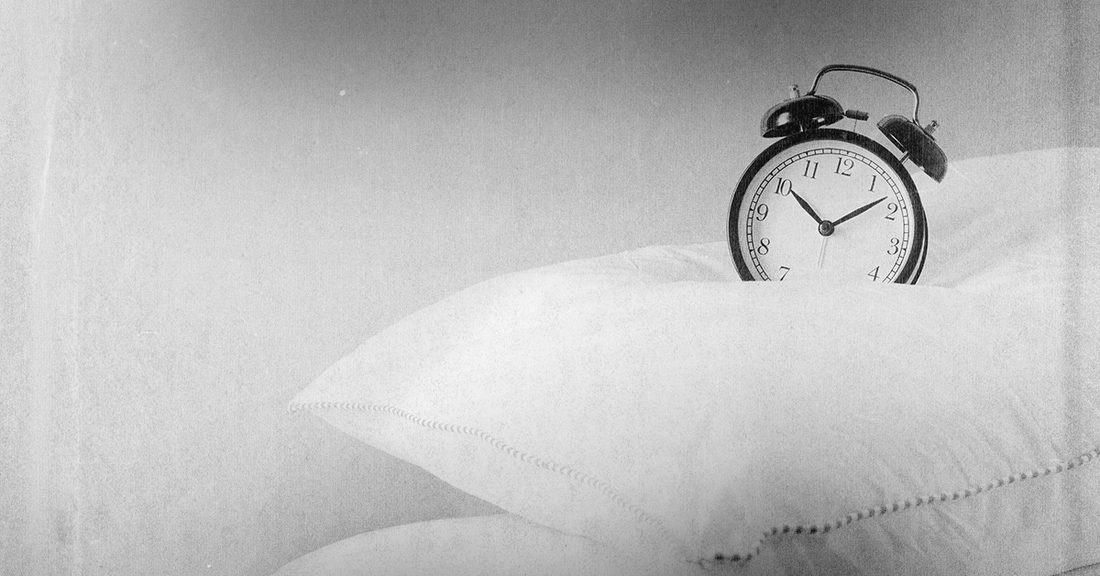I’m not going to lie—I suck at sleeping.
I’ve tried all kinds of supplements that people swore would knock me out, from weapons-grade pharmaceuticals to funny-smelling herbal tinctures, but it soon became clear that nothing short of an elephant tranquilizer was going to take me down. Getting acupuncture for my insomnia was like throwing darts at Godzilla, and whenever I’ve followed the advice of well-meaning New Age types—you know, stuff along the lines of “Have you tried breathing through your toenails and visualizing a sunflower?”—I’ve always ended up in the same old place: flat on my back, staring into space at 4 a.m.
So, how does someone like me go about trying to fix his off switch? Well, it turns out the best place to start is by looking at something called your circadian rhythm. Simply put, this refers to the changes that your body and mind go through during a 24-hour cycle. Sleep problems can arise when your circadian rhythm gets badly out of sync with the rising and falling of the sun. Needless to say, that’s very much the case for me; the only time I see the dawn is when I’m still awake for it.
I know there are readers out there who, like me, are running on fumes and sporting eye bags you could carry groceries in. For your sake—and mine—we’ve tracked down the very best advice on how we can align our sleep cycles with the natural phases of light and darkness.
Tips for Regulating Your Circadian Rhythm
- Every morning, go outside and get some sunlight in your naked eyes as soon after waking up as possible.
- Exercise regularly, but do so early in the day. Vigorous workouts too close to bedtime can throw your sleep cycle off. Working out one-to-two hours before bed is an especially bad idea.
- Get into the habit of letting the direct light of the sunset into your bare (read: free from shades) eyes at the end of each day. This triggers the release of melatonin, a hormone that lets your body know you’ve had your day in the sun, and now it’s time to start closing up shop.
- Sleep experts like U.C. Berkeley neuroscience/psychology professor Matthew Walker, PhD, recommend developing a nighttime routine for winding down. Take a bath, get in a robe, read a book, meditate … whatever your ritual is, make sure you do it every night.
- Stanford neuroscientist Dr. Andrew Huberman advises that you avoid exposure to bright light between 11 p.m. and 4 a.m.
- In the hour before bed, dim half of your lights and stay away from electronic screens. If you must use the computer or watch TV late at night, dim the screen and use blue-light-blocking glasses or blue-light filter software.
- Consistently go to sleep and wake up at specific times. Even after a night of crappy sleep, get up at the usual time, and don’t nap later in the day.
- Limit the use of your bed to sleep and sex. The idea is to create a Pavlovian response: bed = Zzz.
- If you’re not able to fall asleep, get out of bed after 20 or 30 minutes and do something else. Again, don’t give your body and mind a reason to associate the bed with wakefulness.
For now, good luck, and may deep, restorative sleep be yours.
Read more: Jeffrey Durmer is a Performance Jedi
Read more: What is Your Body Doing While You Sleep?
Read more: Can't Sleep? Get Some Sun.
Read more: The Dangers of Insufficient Sleep




